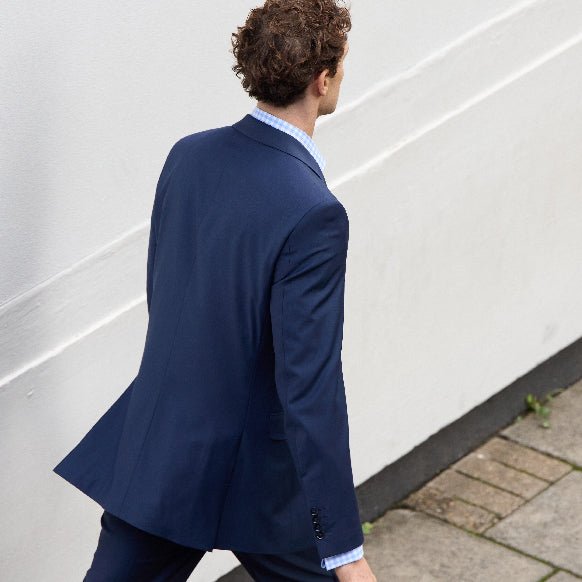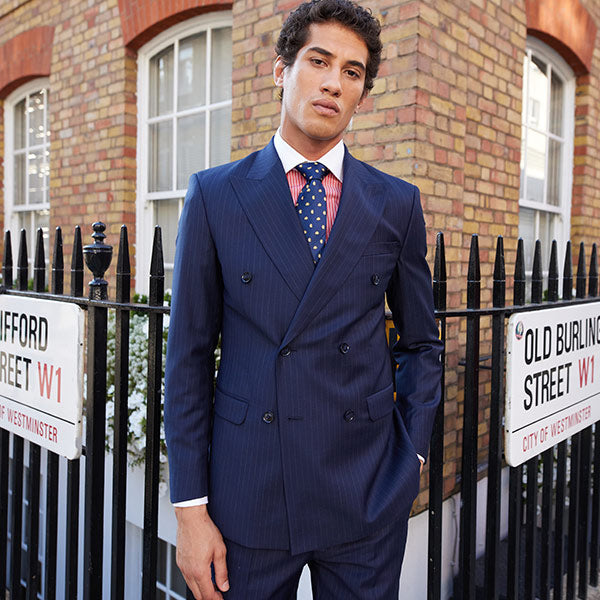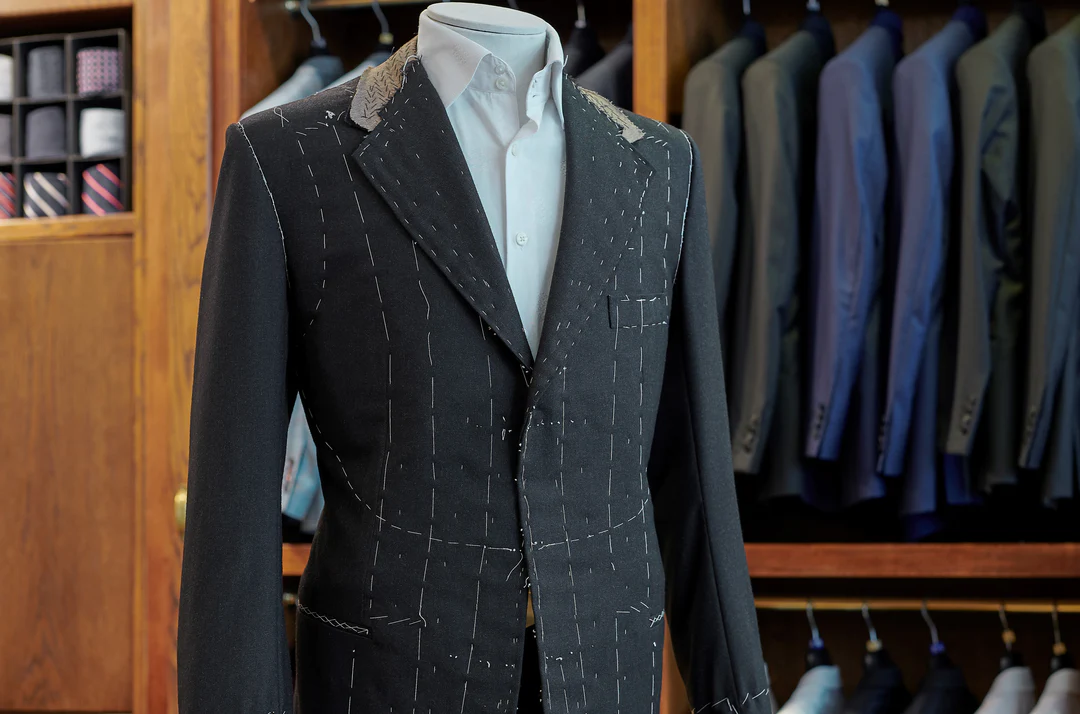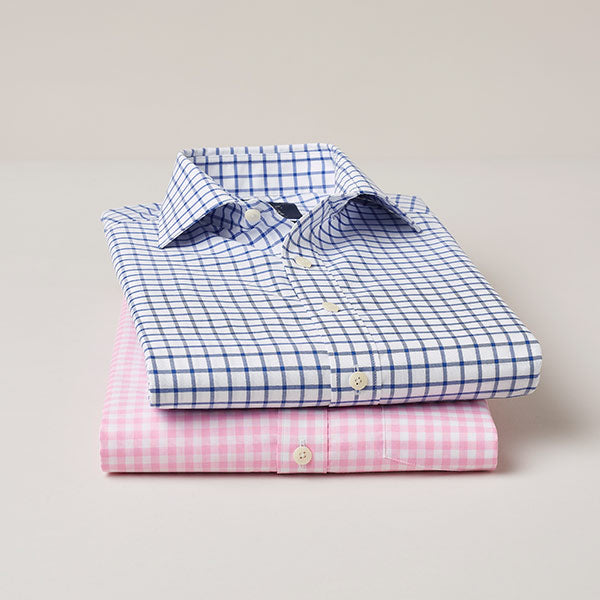Every man should own a great suit. Ideally two or three. But in order to ensure you are investing in the right one, first you need to understand what types of men’s suits are on offer.
The History of Men’s Suits
While early forms of men’s suits can be traced back to the 17th century men of English court, it was during the 19th century that Beau Brummel introduced the types of tailoring we are used to wearing today. An iconic figure in Regancy England, Brummel redefined, adapted, and popularized the style of the British court, rejecting the popular frock coats and powdered wigs in favour of simple jackets and full-length trousers. Stories say that he influenced the upper echelon of British society by befriending the Prince (who would become King George IV), even though he wasn’t himself a wealthy noble. As we now know, the suit would later become the crown jewel of a gentleman’s wardrobe, with its evolution often reflecting the changes in the way people were living. For example, the knee-length frock coat gradually gave way to the tailcoat (which was only long at the back), which was then then replaced by the dinner jacket. These changes were not just a matter of fashion, but a reflection of a more active lifestyle which would require suitable tailoring.
How to Find the Right Suit That Will Fit You
If you need a suit but don't know which kind of suit is right for you, it pays to do your homework. Buying a new suit isn’t just about what you like the look of. You need to know what it’s for and how often you plan to wear it. Is it for work? A wedding? Special occasion? All three? To help you make the right choice, we’ve highlighted the key styles of men’s suits and what they are most suitable for.
The Best Types of Men’s Suits

The Two-Piece Suit
The most common type of suit, the two-piece simply includes a matching jacket and trousers. Timeless and extremely versatile, it is the perfect all-rounder — proving a popular choice for work or weekend. We suggest opting for a navy two-piece suit for semi-formal occasions such as parties or after-work drinks, while wearing a grey suit for business events or winter weddings.
The Three-Piece Suit
The three-piece suit consists of three garments: a jacket, trousers and waistcoat. Often referred to as the dressier alternative to the classic two-piece design, it is an excellent option for the races, weddings and important meetings. Three piece suits are also great for winter, as the waist coat gives you an extra layer of warmth when it’s cold.
The Double-Breasted Suit
The double-breasted suit carries an air of elegance that you don’t seem to get with other styles — making it perfect for those looking for something a little different. Complete with a jacket and trousers, the front fastening of a double-breasted jacket wraps your frame. It’s usually cut shorter than a single-breasted design and has higher buttoning, so it can give the wearer a broader-looking, more sculptured shoulder line. We believe double-breasted suits can be worn for most formal occasions, however we find they look best for events that have stricter dress codes such as awards evenings or New Year’s Eve parties.
The Bespoke Suit
Made by hand, and from scratch for the individual, the bespoke suit can take any form or shape, and it can be made from a wide variety of materials. As a bespoke suit is essentially designed by the wearer, it is usually made with the occasion already in mind. For help creating this type of suit, our team at Savile Row Company Custom Made can talk through your options.
The Dinner Suit
The dinner suit could be consider a luxury. A curio in the male wardrobe, saved for special occasions such as a black tie event. It first arrived in the mid-nineteenth century, and while it has evolved slightly since, it is much as it was then: a fitted jacket with satin peak lapels and matching trousers with a satin stripe running along the outseam.
How Should a Suit Fit?
Whatever suit you decide to wear, it’s vital that it fits. We’ve written an article on how to get the right suit that fits, but here are the basics:
- The shoulder pads of your suit jacket should end where your shoulders do.
- When fastening your jacket, the button should close without any strain.
- Lapels should lie flat on your chest and you should be able to slide your thumb between the button of the jacket and your stomach without it feeling too tight or loose.
- The bottom of the jacket should end where your thumb knuckle is.
- When your arms are by your side, they should show off a half-inch of shirt cuff.
- The trousers of your suit should fit comfortably around the waist without falling away from your hip.
- When standing straight, the hem should graze the top of your shoes or have a subtle break.
Don’t forget to take a look at our collection of men’s business suits. From two-piece navy suits to striped double-breasted suits, there’s a wide range of styles to choose from.
 NEW ARRIVALS
NEW ARRIVALS








